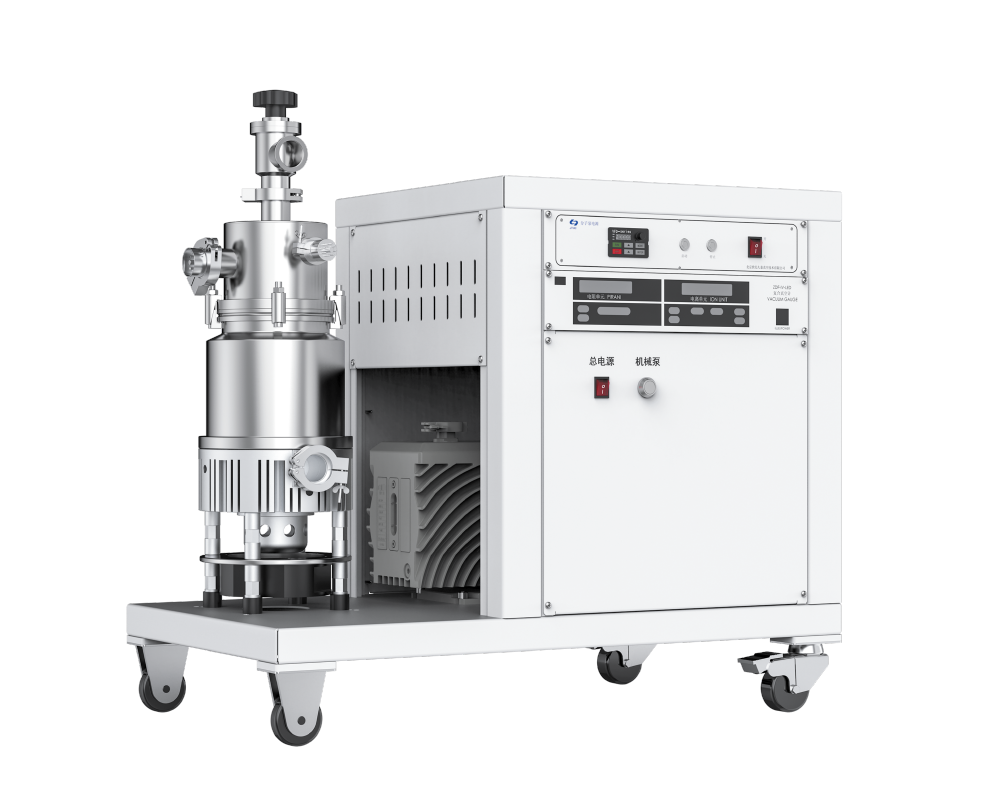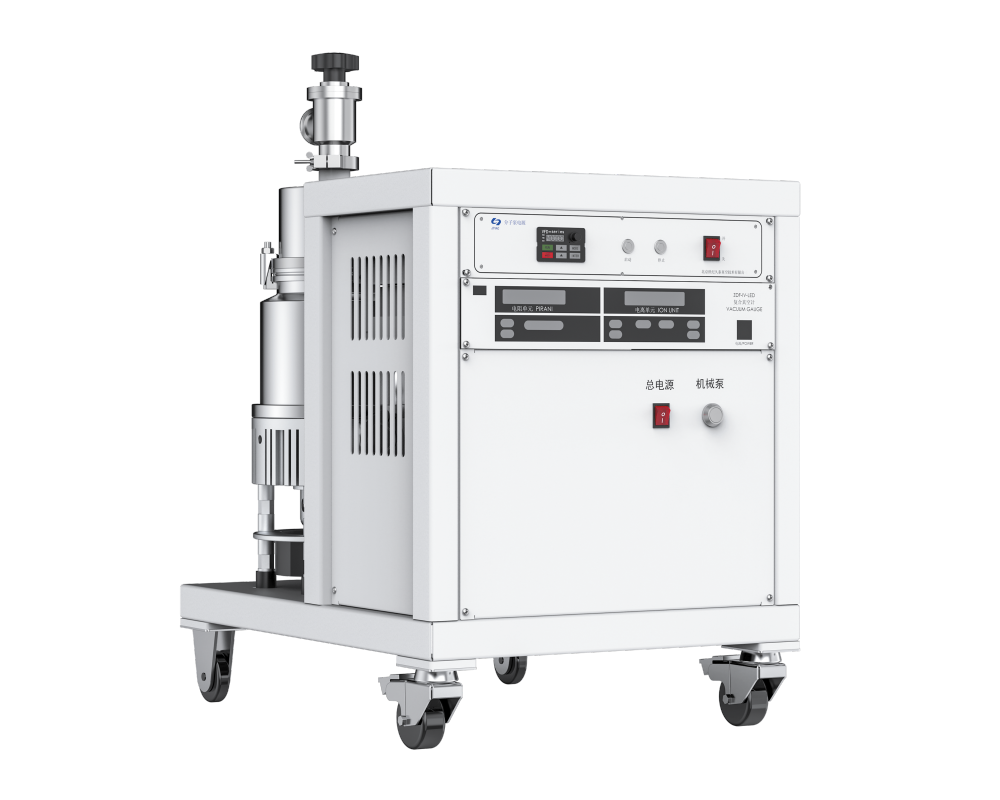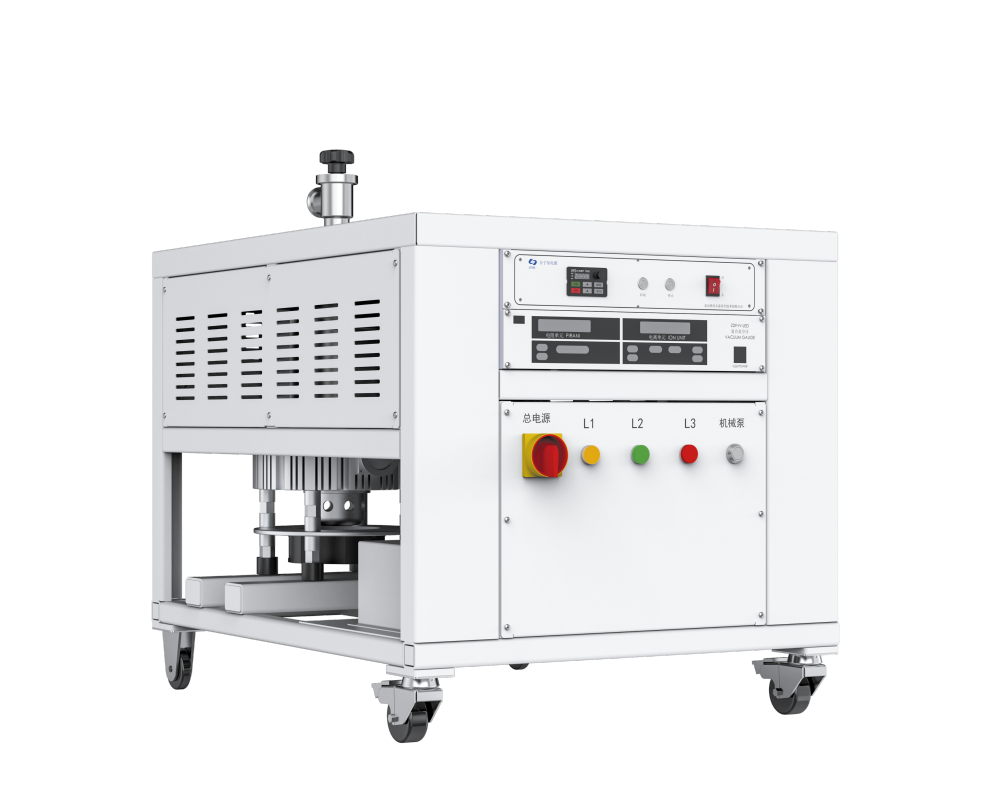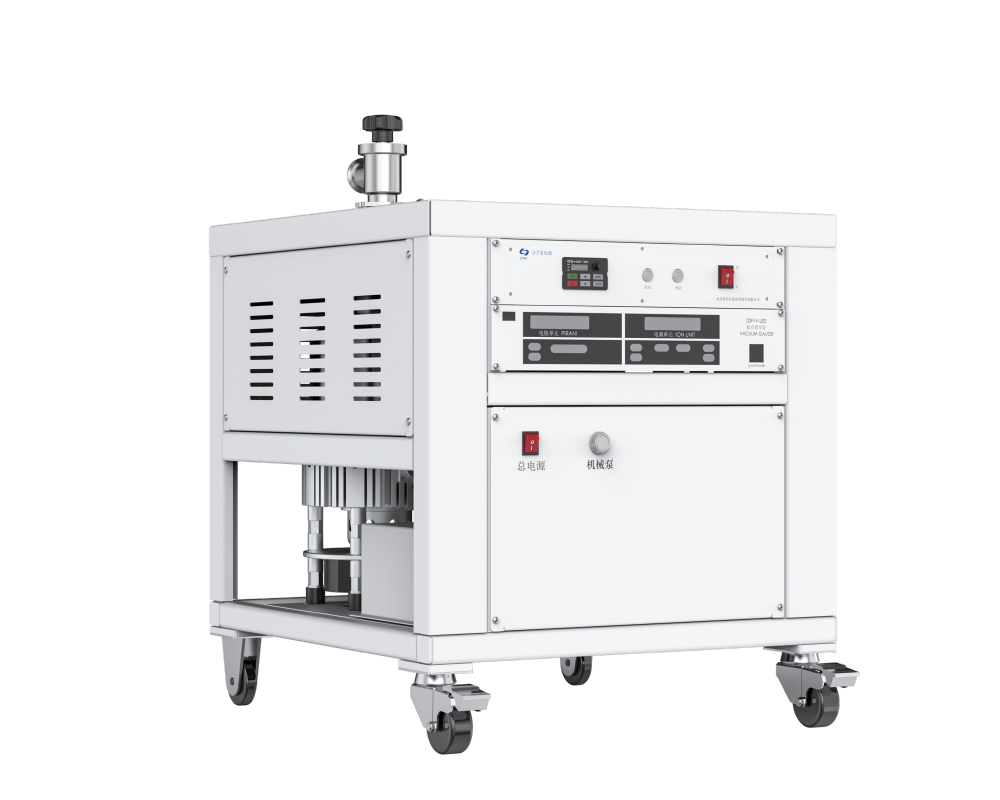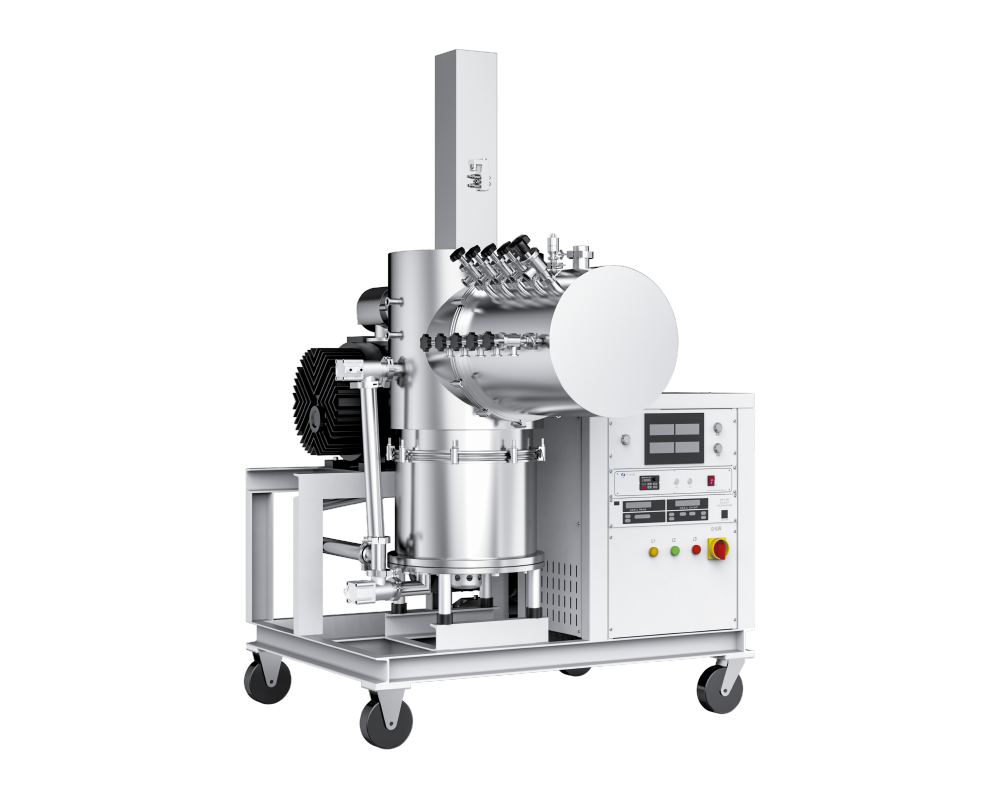Key Applications of Turbo Molecular Pumps in Semiconductor Equipment:
Chemical Vapor Deposition (CVD): TMPs maintain a clean vacuum environment for the deposition process, preventing contamination and improving thin film quality.
Physical Vapor Deposition (PVD): TMPs ensure the vacuum chamber reaches the required pressure for uniform material deposition, such as for metal films on chips or conductive layers in displays.
Etching: TMPs help in creating a stable vacuum for dry etching, improving etching precision and wafer stability.
Ion Implantation: TMPs maintain high vacuum to reduce gas scattering, ensuring uniform energy control for the ion beam.
Lithography: For extreme ultraviolet (EUV) lithography, TMPs ensure ultra-high vacuum to minimize scattering from air molecules, crucial for processes below 5nm.
Annealing & Diffusion: TMPs optimize the atmosphere in furnaces by removing residual gases, improving process consistency and preventing oxidation.
Key Requirements for TMPs in Semiconductor Applications:
High Pumping Speed & Low Residual Pressure: Achieve vacuum levels as low as 10⁻⁶ Torr quickly.
Cleanliness & Oil-Free Operation: Prevent contamination from particles or oil, critical for wafer quality.
Chemical Resistance: Durable against corrosive gases like fluorides and chlorides.
Low Vibration & Noise: Ensure minimal impact on precision processes like photolithography and ion implantation.
Long Life & Reliability: Maintain continuous operation with minimal downtime.
Future Development Directions:
Higher Pumping Speed & Vacuum Levels: As semiconductor processes shrink, TMPs will need to deliver even higher performance.
Energy Efficiency & Smart Design: Focus on low-energy, intelligent pumps to support automation and sustainability in semiconductor fabs.
Material Optimization: Use more corrosion-resistant and lightweight materials to meet evolving manufacturing demands.

 中文版
中文版 English
English